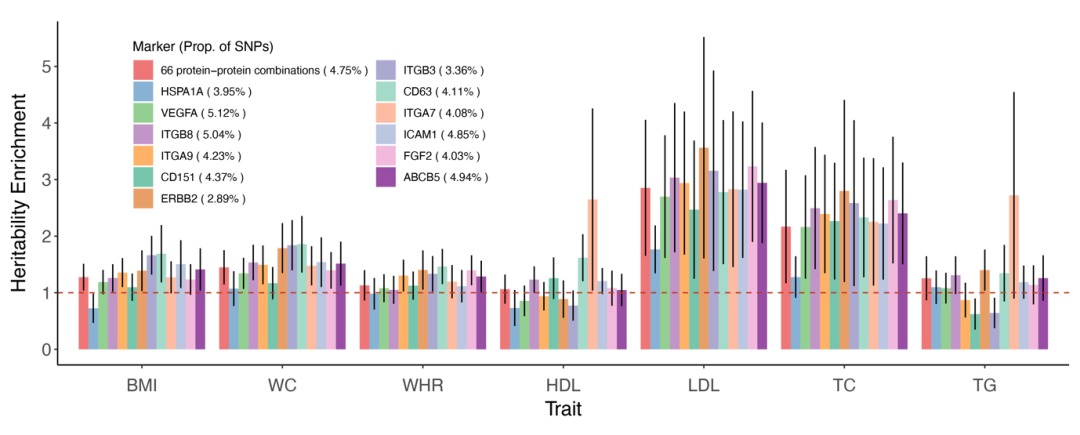On March 31, 2022, Xia Shen's team from School of Life Sciences, Fudan University, State Key Laboratory of Genetics Engineering, The Greater Bay Area Institute of Precision Medicine (Guangzhou), together with Urology Technology and the University of Edinburgh, published an article titled Genetic and phenotypic links between obesity and extracellular vesicles on Human Molecular Genetics online.
Abstract
Obesity has a highly complex genetic architecture, making it difficult to understand the genetic mechanisms, despite the large number of discovered loci via genome-wide association studies (GWAS). Omics techniques have provided a better resolution to view this problem. As a proxy of cell-level biology, extracellular vesicles (EVs) are useful for studying cellular regulation of complex phenotypes such as obesity. Here, in a well-established Scottish cohort, we utilized a novel technology to detect surface proteins across millions of single EVs in each individual’s plasma sample. Integrating the results with established obesity GWAS, we inferred 78 types of EVs carrying one or two of 12 surface proteins to be associated with adiposity-related traits such as waist circumference. We then verified that particular EVs’ abundance is negatively correlated with body adiposity, while no association with lean body mass. We also revealed that genetic variants associated with protein-specific EVs capture 2–4-fold heritability enrichment for blood cholesterol levels. Our findings provide evidence that EVs with specific surface proteins have phenotypic and genetic links to obesity and blood lipids, respectively, guiding future EV biomarker research.

please click here to read the whole artical.









